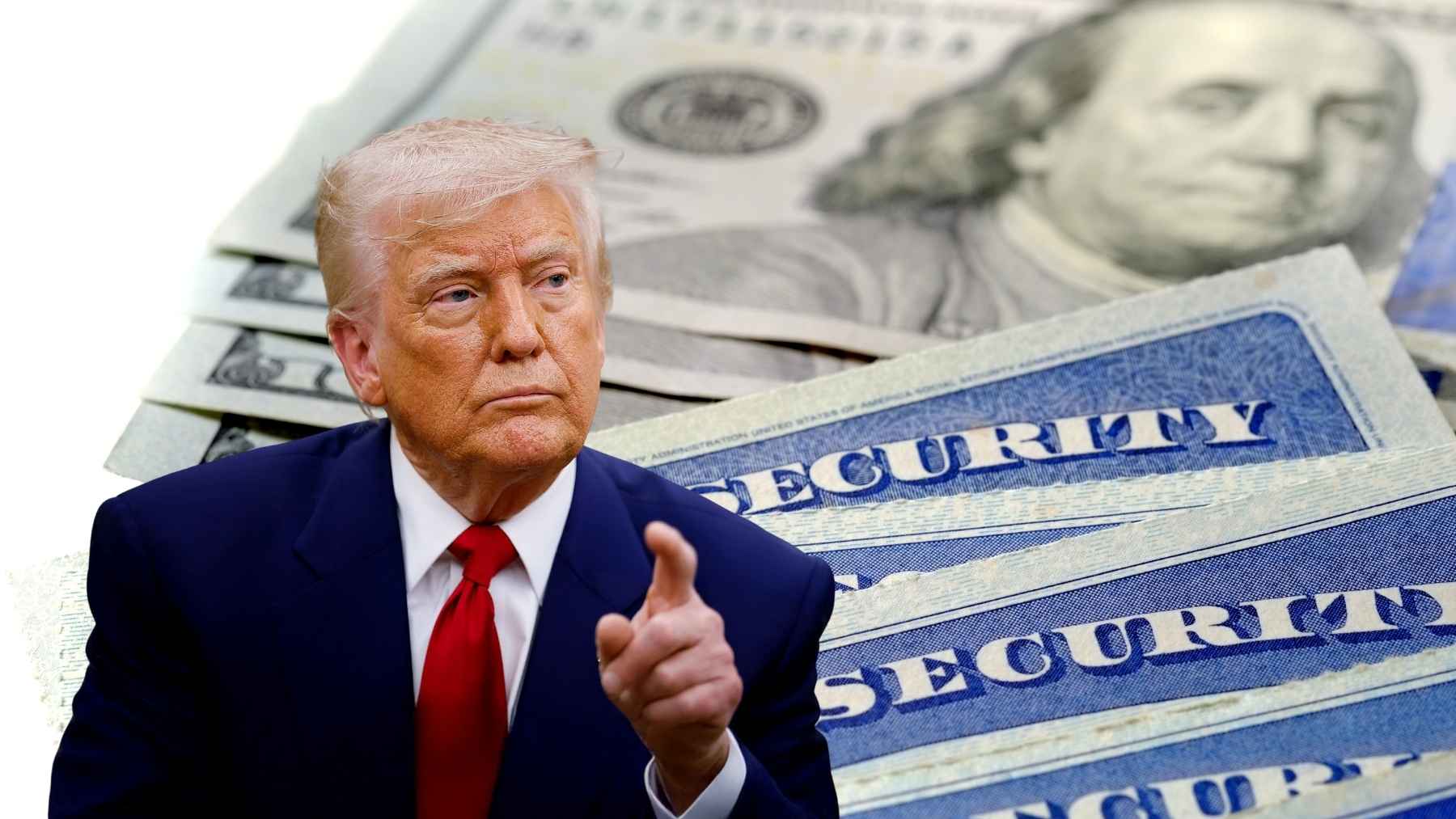Earlier this year in March, the White House issued an executive order titled “Modernizing Payments to and From America’s Bank Accounts”, aimed at phasing out the use of paper based payments from the broader federal government. Subsequently in July, the Social Security Administration (SSA) shared an update stating that the agency will also be bringing an end to the issuing of paper checks to its beneficiaries as of September 30th, in accordance with the executive order and broader federal initiative.
As such, the SSA had spent months actively encouraging all mailed paper check recipients to change their payment methods to either a Direct Deposit or a Direct Express Card before the deadline hits. On September 19th, the SSA updated its blog with a post to remind beneficiaries of the approaching deadline to transition their payment methods to one of the two available electronic options. In this post, the SSA did also mention that the agency will continue to disburse paper checks to those who are unable to make the switch. Here is what you need to know.
Are paper checks really gone at Social Security?
According to SSA data, more than 99% of Social Security beneficiaries were already receiving their benefits electronically via direct deposit. The remaining less than one percent of paper check recipients does still amount to a rather hefty number of individuals. These 500,000 or so beneficiaries were encouraged to switch over their payment methods to either a Direct Deposit, or if they do not have a bank account, they should opt for a Direct Express Card.
At the time, the SSA was also including inserts that explained the change, the deadline, and how to switch over payment methods in with the paper checks it mailed out. In the SSA’s September 19th update, the agency does also note that paper checks will still be issued to those who are unable to make the transition, however, a waiver will need to be applied for and submitted to the Department of Treasury.
“Temporary checks are no longer available for initial claims and anyone seeking an exemption must file a waiver with the U.S. Treasury by calling 1-877-874-6347. If you have no other way to receive payments, we will continue to issue paper checks. There are no plans to pause any payments starting October 1,” the SSA wrote.
A spokesperson for the Department of Treasury shared confirmation that “beneficiaries who face genuine challenges with electronic banking will remain eligible for traditional checks.” The agency also described its approach as “modernization with compassion.”
How to apply for a waiver
According to the Department of Treasury’s GoDirect website, the Treasury will grant a waiver to vulnerable individuals under specific circumstances, thereby allowing them to continue to receive mailed paper checks.
As per GoDirect, to qualify for a waiver, at least one of the following three criteria must be met:
- The check recipient is an individual to whom electronic payments would impose a hardship due to a mental impairment.
- The check recipient lives in a remote geographic location lacking the infrastructure to support electronic financial transactions.
- The check recipient is age 90 or above.
Why are paper based payments being phased out?
The shift towards digitization has been long in the works in the federal government and the world at large. According to the SSA’s July announcement of the change, the following factors are cited as reasons behind the decision to phase out paper based payments:
- Speed and Efficiency: Electronic Funds Transfers (EFTs) are processed more quickly than paper checks, helping beneficiaries receive their payments on time without delays.
- Cost Savings: According to the U.S. Department of the Treasury, issuing a paper check costs about 50 cents, whereas an EFT costs less than 15 cents. This shift could save the federal government millions of dollars annually.
- Enhanced Security: Paper checks are 16 times more likely to be lost or stolen compared to electronic payments, increasing the risk of fraud. Electronic payments provide a safer, more secure way to receive benefits.

